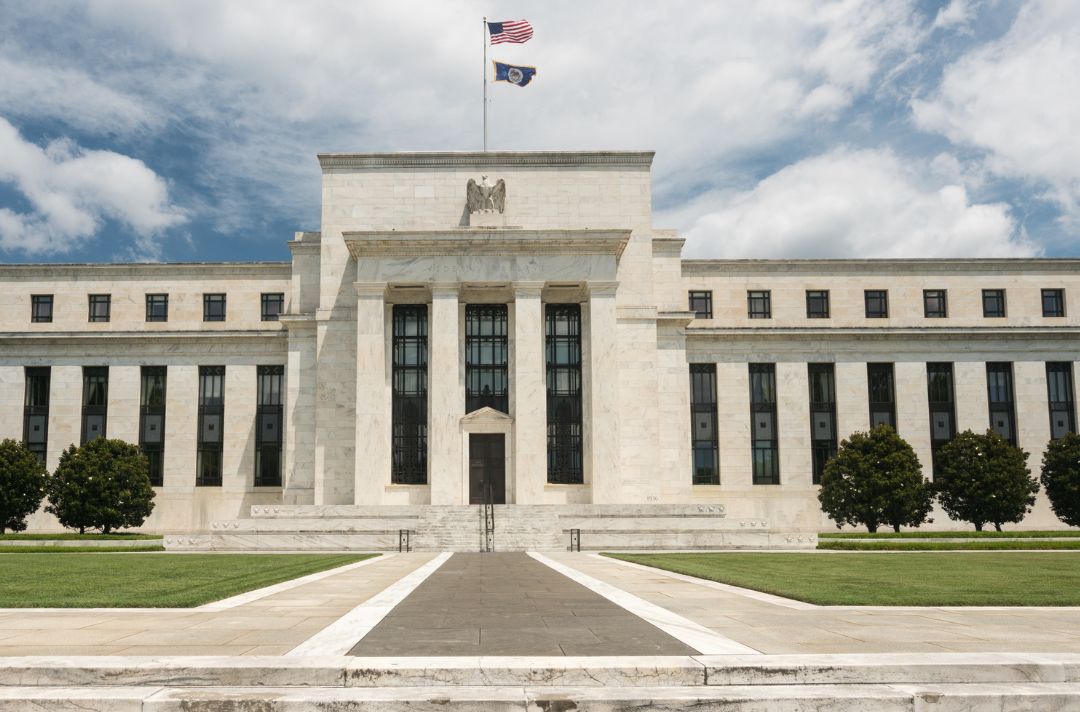
Federal crimes, including federal felony classes, are categorized by letter grades, from A to E. A Class A Felony is the most serious and carries the harshest penalties, including life in prison or even the death penalty. In contrast, a Class E Felony is the least severe, typically resulting in 1-5 years in jail.
Misdemeanors are also graded by letter. Class A misdemeanors are the most severe type, with penalties of up to one year in jail. Petty offenses are the least serious, with minimal jail time. The table below shows each federal crime classification.
18 USC § 3559 Federal Crime Classifications
18 USC § 3559: Federal offenses are grouped by severity, with felonies ranging from Grade A to Grade E:
- Grade A Felony: Punishable by life imprisonment or the death penalty.
- Grade B Felony: Imprisonment of 25 years or more.
- Grade C Felony: 10 to 25 years in prison.
- Grade D Felony: 5 to 10 years in prison.
- Grade E Felony: Over 1 year but less than 5 years in prison.
Misdemeanors are classified as follows:
- Class A Misdemeanor: Over 6 months up to 1 year in jail.
- Class B Misdemeanor (Petty Offense): 30 days to 6 months in jail.
- Class C Misdemeanor (Petty Offense): Punishable by more than 5 days but no more than 30 days in jail.
- Infraction (Petty Offense): Up to 5 days in jail or offenses without any authorized jail time.
What is a Petty Offense?
A petty offense is a federal crime punishable by up to six months in jail and a fine of up to $5,000. Petty offenses include Class B misdemeanors, Class C misdemeanors, and infractions.
Why Does Grade Classification Matter?
The grade classification matters for several reasons. First, it indicates the severity of the crime. Second, defendants charged with a Class A or B felony are ineligible for probation. Third, the classification impacts a defendant’s time on federal supervised release.
District of Columbia Federal Criminal Defense Attorney
Nabeel Kibria of Ervin Kibria Law is one of DC’s premier defense attorneys. Not only is he a leading defense attorney for local Washington DC, non-federal crimes brought in front of the DC Superior Court, he is also a leading criminal defense attorney who represents client charged with and facing federal crimes in front of the United States District Court for the District of Columbia.
The clients of Ervin Kibria Law that Mr. Kibria represents in this court, the country’s most prestigious and serious lower federal court, face federal criminal charges for alleged offenses that either occurred within the District of Columbia or occurred in any other location in the nation but are charged from this parody court because of some nexus/connection to the District of Columbia or because the state they have allegedly violated requires that the case be placed in this Federal District Court.
There are multiple strategies to defend against a federal case. The most common is to plead not guilty and proceed to trial, though this carries a significant risk. If the trial doesn’t go in your favor, it can lead to severe penalties.
Another option is negotiating a plea deal for a reduced sentence. In drug cases, for instance, some prosecutors may agree to reduce the drug quantity listed in the indictment. This can benefit defendants in several ways:
- First, it removes any mandatory minimum sentence, allowing the judge to potentially set a sentence below the typical five- or ten-year minimum.
- Additionally, this can reduce the offense from a Class A to a Class C felony, technically making probation possible (though probation is rare in federal drug cases).
- Finally, a lower felony grade can also shorten the duration of supervised release once the defendant is out of jail. In short, the grade level of a crime significantly influences sentencing options. A lower grade level means more sentencing options, ultimately aiming to secure the lowest possible sentence for the defendant.




